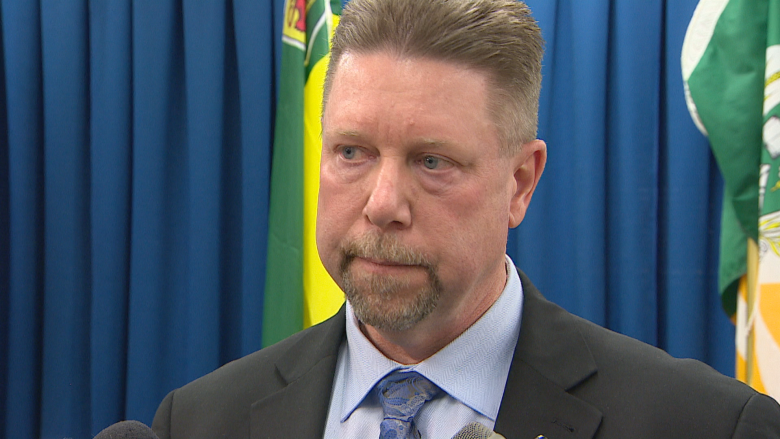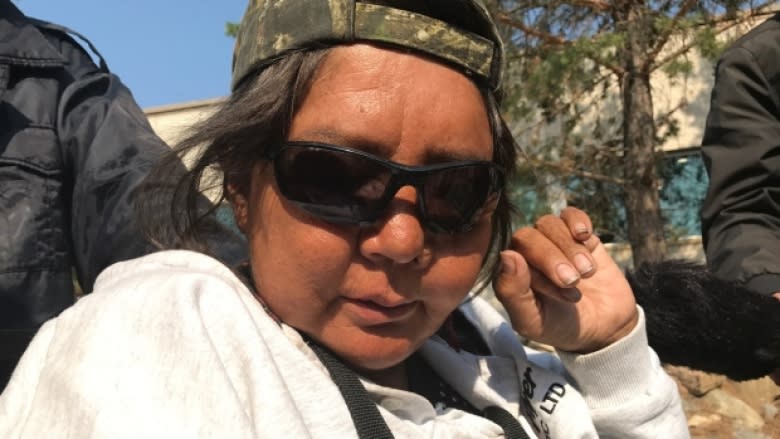Marlene Bird, Leo LaChance cases formative for new Saskatoon police chief
While there have been many cases in Troy Cooper's lengthy police career, the killing of Leo LaChance continues to stand out.
Before being named the new chief of the Saskatoon Police Service, he served 31 years with the Prince Albert Police Service.
Cooper was one of the first officers on scene after LaChance, an Indigenous trapper, was shot and killed by white supremacist Carney Nerland in Prince Albert in 1991.
LaChance died after he was shot after entering Nerland's pawn shop. Nerland fired an assault rifle at the floor, striking LaChance in the back and killing him.
Nerland pleaded guilty to manslaughter and received a four-year sentence. The case caused outrage in the Indigenous community and led to a judicial inquiry.
"For a young man in a small community to all of a sudden be grappling with white supremacy and racism, and all of the media attention, that was a little overwhelming," Cooper told CBC Radio's Saskatoon Morning.
Since then, Cooper has continued to see cases of severe violence, many of them directed at Indigenous people in Prince Albert.
One of the most notable cases was that of Marlene Bird, a homeless woman who was brutally beaten and set on fire in 2014.
"I realized that cases, sometimes, were bigger than the individuals involved," he said.
"I think it shaped not only my perspective, but the entire community's perspective on issues bigger than crime — but homelessness and victimization, Indigenous issues and that sort of thing."
Street checks continuing
Cooper, a Métis man from the town of Big River, said he's built strong relationships with Indigenous people during his time in Prince Albert.
"I think that's what's going to benefit me in Saskatoon," he said. "I think the authentic, trusting relationships that I have are going to continue in Saskatoon and I'll be able to build on that."
However, he said he has no plans on stopping street checks, where police detain suspicious-looking people and ask for their ID. Many Indigenous people have called the practice a thinly veiled version of racial profiling.
Cooper said the checks are an important part of policing.
"That practice comes under criticism if it comes under prejudice or bias," he said. "I think there can be strong policy around it and strong messaging from the organization about what the expectations are — and I think there can be some guard against implicit bias, where you have proper cultural components in your organization."
Cooper will take over the job on Feb. 28.




